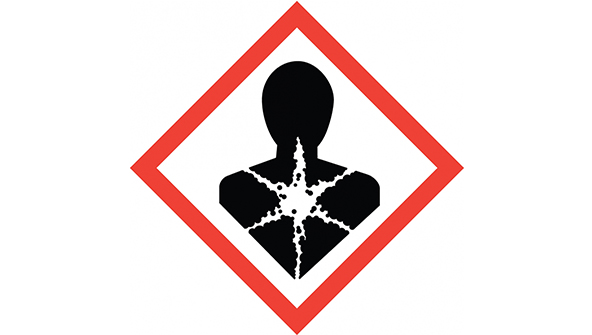On September 13, the US Environmental Protection Agency (EPA) added to its website a portal with information about the agency’s many regulatory, research and informational efforts addressing carcinogen hazards and controls. This information supports the Biden Administration’s “Cancer Moonshot.” EPA undertakes carcinogen control efforts by applying legal authority under many of the environmental protection statutes it administers. The remainder of this note summarizes the agency efforts identified on EPA’s new web portal.
Read MoreAudit, Compliance and Risk Blog
New EPA website compiles agency cancer prevention efforts
Posted by Jon Elliott on Mon, Oct 23, 2023
Tags: Health & Safety, EPA, CAA, tsca, CWA, NESHAPs, FIFRA, Healthcare, Illness, Cancer Moonshot
EPA adopts rules for hazardous air pollutant sources to reclassify from “major” to “area” using administrative controls
Posted by Jon Elliott on Tue, Dec 08, 2020
The Clean Air Act (CAA) directs the Environmental Protection Agency (EPA) to define “hazardous air pollutants (HAPs)” that may pose acute health hazards, and to impose regulations to reduce those hazards. EPA requires permits for “major sources” of HAPs based on “Maximum Achievable Control Technologies (MACT),” and lesser controls for non-major “area sources.” During President Trump’s term, EPA has pursued several initiatives to make it easier for sources to reclassify from “major” to “area” in order to reduce their regulatory responsibilities.
Read MoreIn 1987, California adopted the Air Toxics “Hot Spots” Information and Assessment Act, responding to increasing concern over toxics in the air (AB 2588 (Connelly, Sterling)). This law complements California’s enforcement of national requirements governing stationary source emissions of air toxics. The federal Clean Air Act (CAA) required the U.S. Environmental Protection Agency (EPA) to establish and maintain a list of air toxics, named as Hazardous Air Pollutants (HAPs), and to set emissions standards (National Emissions Standards for Hazardous Air Pollutants (NESHAPs) for many HAP emission sources; California incorporates HAP/NESHAP requirements into the state’s Toxic Air Contaminant (TAC) / Airborne Toxic Control Measure (ATCM) program. (I discussed these requirements HERE).
Read More
Tags: OSHA, CAA, Cal/OSHA, California, Air Toxics, NESHAPs, TAC, ATCM, Hot Spots Act, OEHHA, BAAQMD, HAPs, ARB
The federal Clean Air Act (CAA) requires the U.S. Environmental Protection Agency (EPA) to establish and maintain a list of air toxics, named as Hazardous Air Pollutants (HAPs), and to set emissions standards for many sources of such pollutants. HAPs include heavy metals, organics, and other airborne pollutants that are not otherwise regulated as “criteria” air pollutants (such as carbon monoxide, particulate matter, and ground level ozone). This note summarizes requirements applicable to stationary sources.
Read More



